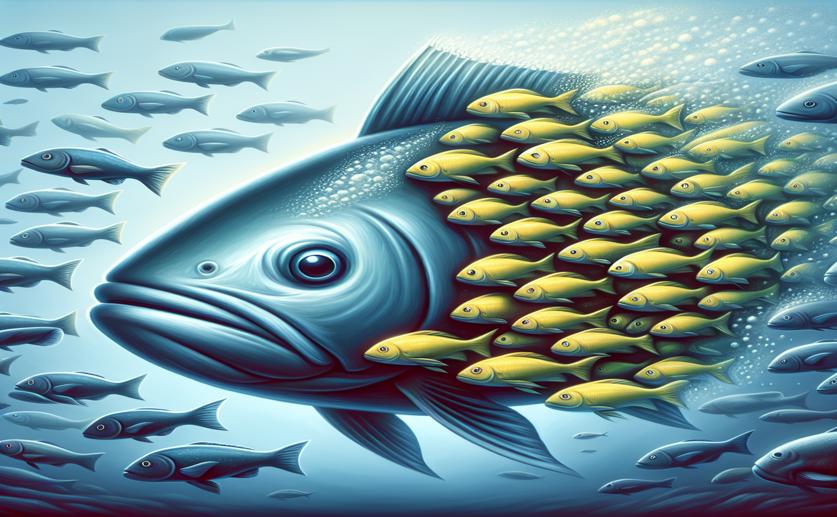
How Bold and Friendly Fish Judge Group Sizes
Greg Howard
3rd March, 2024

Image Source: Natural Science News, 2024
Key Findings
- In a study of 10 freshwater fish species, bolder fish were better at choosing the right shoal size
- Fish with very high or low sociability were not as good at shoal size discrimination
- The ability to judge shoal sizes was not affected by the numerical contrast ratio in bolder fish
References
Main Study
1) Personality and cognition: shoal size discrimination performance is related to boldness and sociability among ten freshwater fish species.
Published 2nd March, 2024
https://doi.org/10.1007/s10071-024-01837-x
Related Studies
2) Correlations begin at home: drivers of co-occurrence patterns in personality and cognitive ability in wild populations of zebrafish.
3) Predation and parasitism as determinants of animal personalities.
4) Zebrafish excel in number discrimination under an operant conditioning paradigm.
5) Cognition and covariance in the producer-scrounger game.



 11th February, 2024 | Greg Howard
11th February, 2024 | Greg Howard